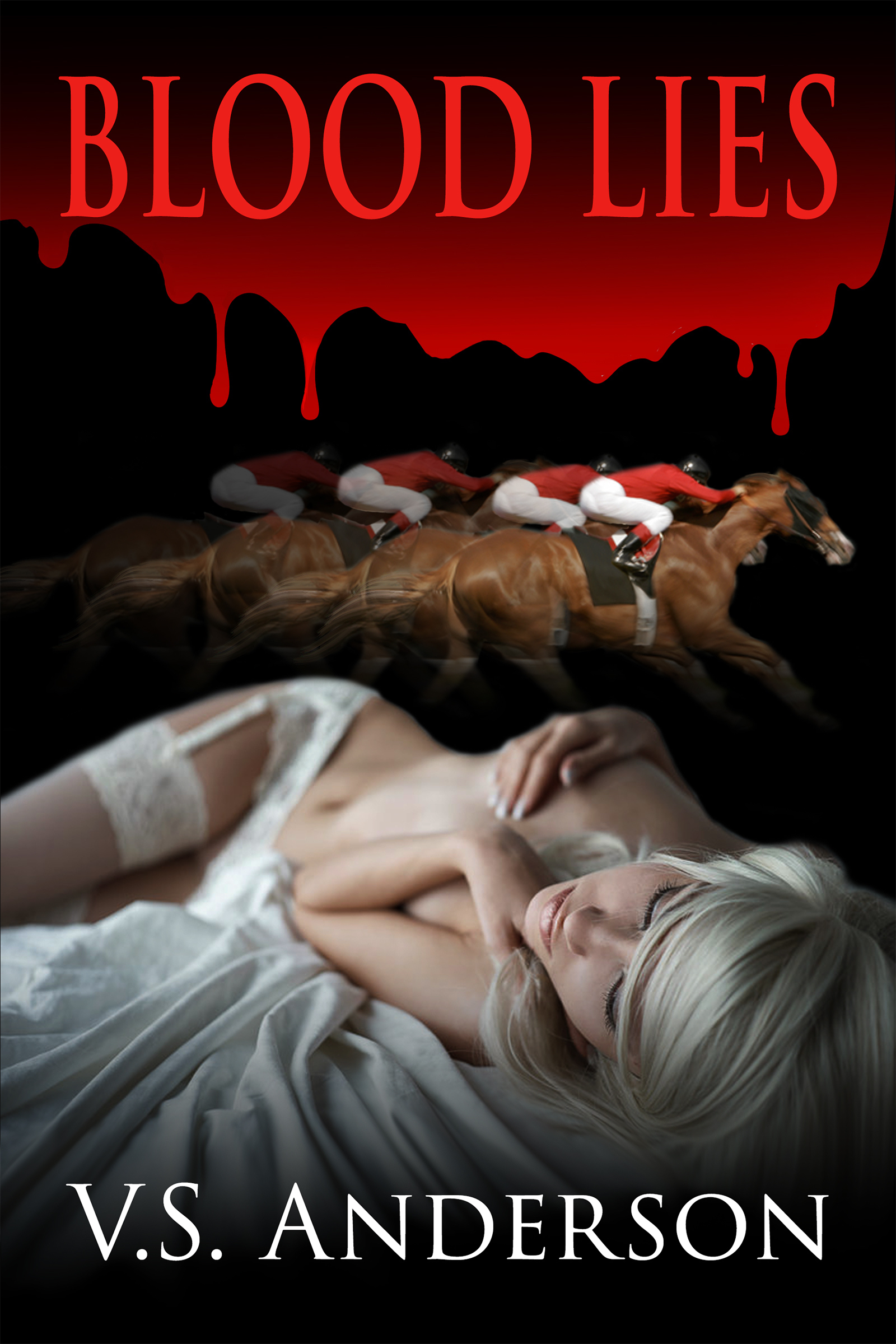Chuck Wendig responds to a reader who finds sentence fragments troublesome (they make writing “unreadable,” in the commenter’s view). If you haven’t met Chuck yet, you’re in for a ride, though you’d best leave your Sunday-go-to-meetin’ expectations at home. I envy his verbal energy!

What I love about this post is that it celebrates the incredible flexibility of language, all the ways that writers can whip it up and lay it down and make it their own (in the great tradition of Humpty Dumpty in Alice in Wonderland!). Wendig illustrates the power of the dreaded fragment with examples from some of the greatest of writers. He reminds us that rules are the groundwork but imagination and a writer’s ear are the scaffolding that builds palaces on those placid rules.
My own caveat is that when I was teaching, so many of my students had a tough time recognizing things like fragments. Especially fragments! The lack of some kind of internal sense of what “a sentence” is may not have handicapped those with the drive and verve to become creative writers; imagination and ear may have been enough.
But I argue (and Wendig cautions) that it’s vital to learn such “basics” of language because if you don’t, you can’t make choices. You can’t switch your verbal code to fit it to different contexts, for example, to a business setting where a lively fragment-sequined style will simply be out of place. You probably can’t write that query letter we all sweat over. At least you can’t write it with confidence that you can decide when to explode on the page and when to hold back.
So many of my students hoped to be great novelists. I couldn’t help worrying that without the ability to choose the linguistic strategies they needed in a given context, they would be handicapped if the whole great-novelist thing didn’t come off. As it so often doesn’t . . . at least not as fast as we’d like it to.
Do you agree with Wendig? What is your fragment strategy? Do you have a favorite “fragment passage” to pass on?






